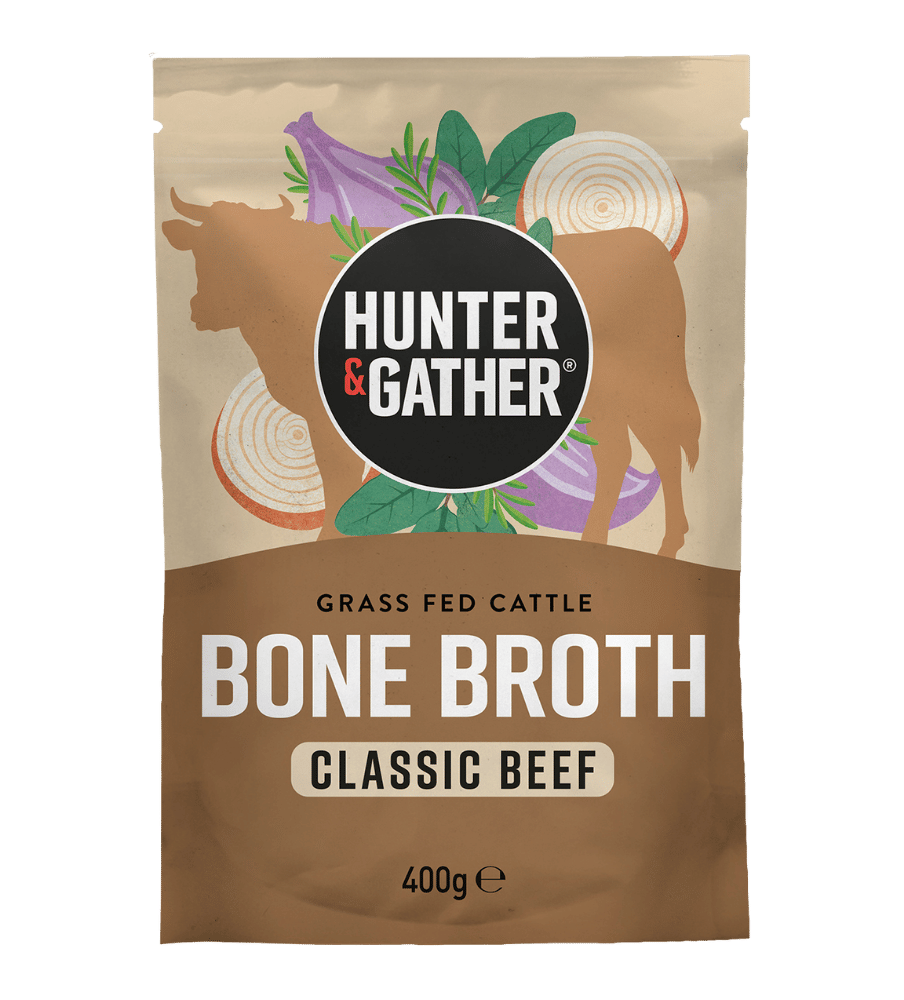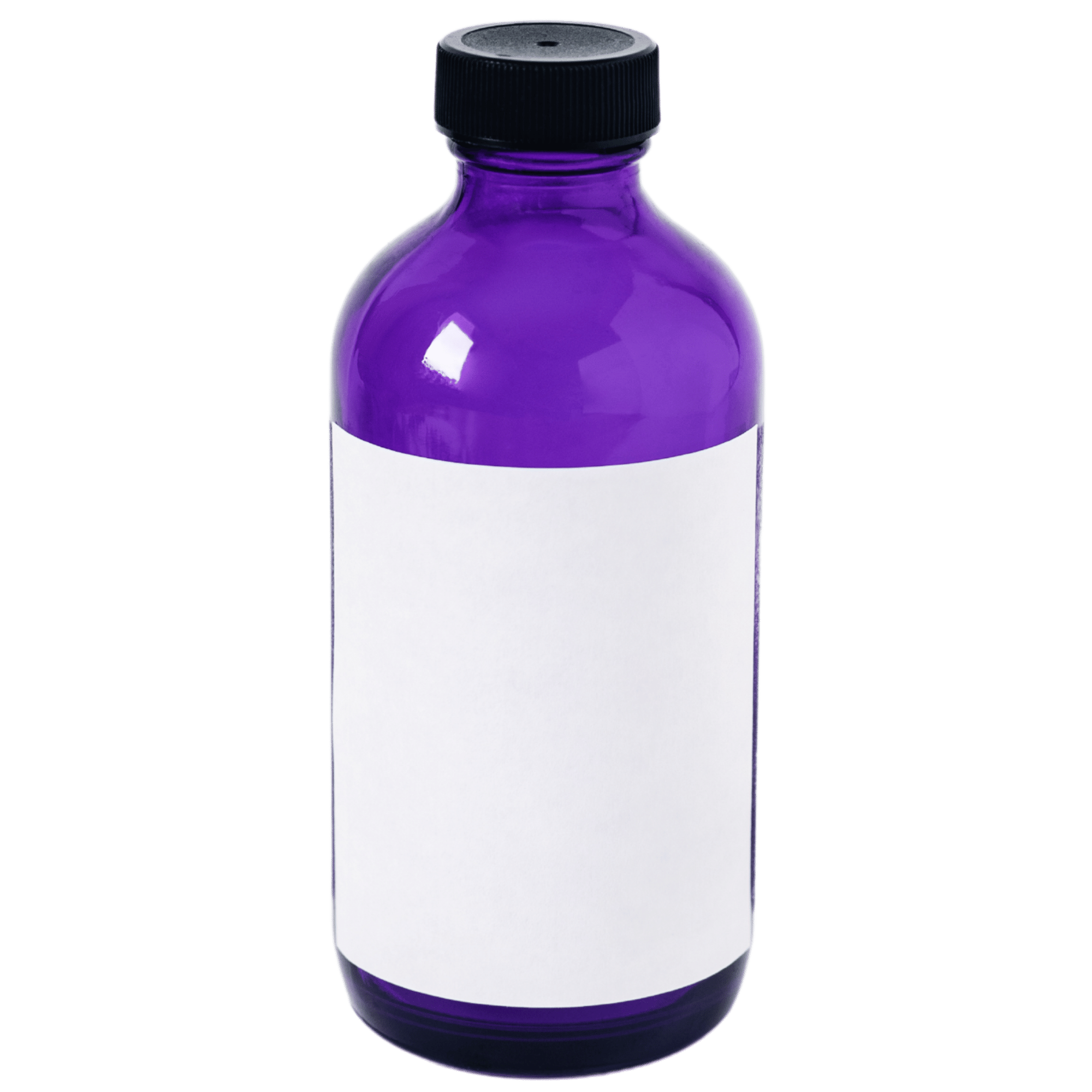-
 Bone Broth
Bone Broth
-
 Collagen
Collagen
- New Arrivals
- Rewards
- Help
-
Shop All Products
354,000+ Happy Customers

Coconuts
C8 & C10
Certified



A triple steam distilled C8 and C10 Coconut MCT Oil made from 100% Coconuts.
 Our MCT Oil
Our MCT Oil
 The Other Guys
The Other Guys
Lab tested for purity
No unnecessary fillers, bulkers or chemical preservatives! Other brands are not the same.
 Ingredients
Ingredients
100% Coconut MCT Oil
A must-have for those following a Keto Lifestyle, or if you are looking for an easy way to increase your good fat intake. MCT Oil is perfect for those seeking a healthy fat source to naturally increase their ketone production, support brain health & energy. MCT is rapidly metabolised by the liver into ketones & supports cognitive function too.
It's a super easy liquid real food coconut oil to add into your everyday. We recommend taking up to 15ml per day (start gradually if new) in a coffee, smoothie, tea or drizzled on food (like yoghurt, berries or grain-free granola). Due to it's lower smoke point, we do not recommend cooking or frying with MCT oil.
We only use glass bottles for our MCT which can be reused or recycled. We also ship all of our website orders in fully plastic free packing. Our MCT oil is made from Organic Coconuts, avoiding pesticide usage & there is no use of animals in the harvesting of the coconuts. We bottle our oil in the U.K. as well as each batch being lab tested for heavy metals, toxins & pesticides.
Hi, we’re Amy and Jeff, co-founders of Hunter & Gather, an ancestrally inspired lifestyle brand.
After our own health journeys led us to a more natural way of living, we launched Hunter & Gather in 2017. Eight years on, we’re proud to have supported hundreds of thousands of people on their path to better health.
We’re here to help you reconnect, with real food, practical guidance and the tools you need to thrive.
Our Story
Unfortunately not.
You should always choose an option that is;
Of course, Hunter & Gather Thrive Fuel® MCT Oil always checks all these boxes.
MCT Oil contains a mixture of medium-chain fatty acids.
The health benefits come mostly from the highly ketogenic C8 and C10 fatty acids, which is why Hunter & Gather Thrive Fuel® MCT Oil contains these fatty acids:
C8 - Caprylic Acid - 60%
C10 - Capric Acid - 40%
With a neutral taste and aroma, this oil is the perfect addition to salads, coffee, shakes and dressings – or why not take straight from the spoon!
Suggested Dose - 1tbsp (15ml) as desired throughout the day.
Check out our (Evolve) Bulletproof coffee recipe here.
Our pure coconut MCT oil has a smoke point of 170C, therefore we do not recommend cooking at high heat with Hunter & Gather MCT oil but using it in tea, coffee, shakes or as a salad dressing is just fine!
For a non-inflammatory oil for cooking with, we would recommend Extra-Virgin Cold-Pressed Avocado oil as it has a high smoke point of 250C. Which you can find here.